Oyo Education Roadmap for Sustainable Development ‘GRESP-less’ Despite Barriers to Girls’ Learning
- Historically, girls encounter numerous obstacles like cultural practices and sexual-based violence when attempting to acquire education
- Government introducing a gender perspective into the planning of their initiatives enables girls' and boys’ needs to be properly addressed
- Being a special breed, authorities are expected to prioritise females’ needs and integrate a truly gender-responsive approach into education, however, Oyo state seems to be missing in action
Don't miss out! Join Legit.ng's Sports News channel on WhatsApp now!
Legit.ng journalist, Ridwan Adeola Yusuf, has over 5 years of experience covering gender issues and basic education in West Africa.
“We have attached importance to our development in education because it is the driver for development. If the young ones are not educated, the future is impoverished as the state takes education significantly,” one of Nigeria’s most influential governors, Seyi Makinde of Oyo state, said in an upbeat mood in March 2024.
The acknowledgement of the remarkable role of education by Makinde, also the vice chairman of the Nigeria Governors' Forum (NGF), is inch-perfect. However, a critical tool to achieve this is patently missing, raising question marks over the feasibility of the Oyo government achieving its goal, especially as it concerns basic education for girls and boys in the state.
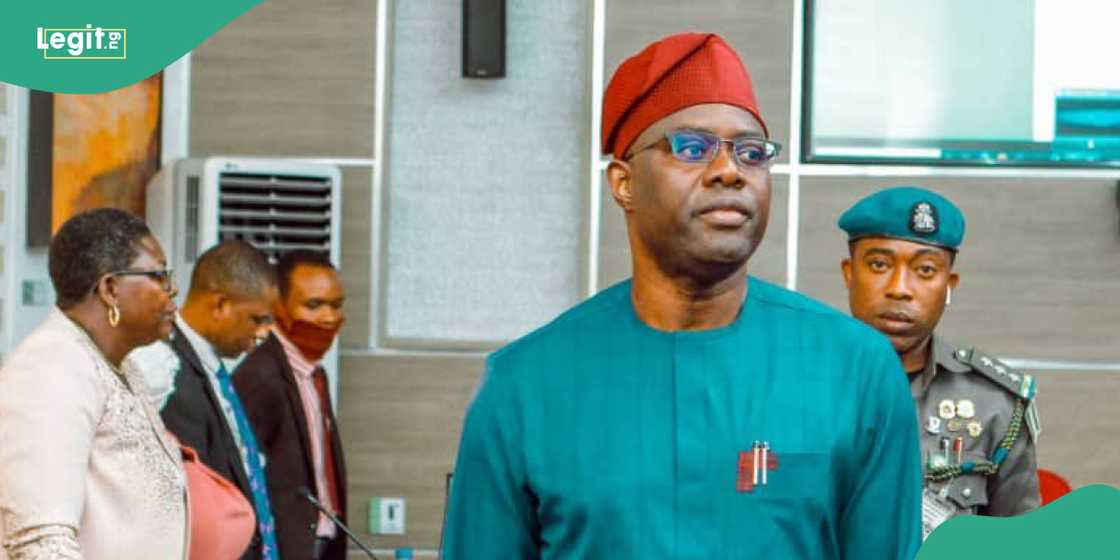
Source: Twitter
Since 2022, Oyo — the territory where the largest city in West Africa (by landmass) is sited — has been operating without an education sector plan (ESP), a strategic document that offers a vision for the schooling system and identifies the ways to achieve it.
As a key national policy instrument in the Nigerian context, the sector plan reflects the development perspectives of a state's education and training system. Effective education sector planning is crucial for ensuring that educational systems are well-organised and responsive to the needs of students and the broader community.
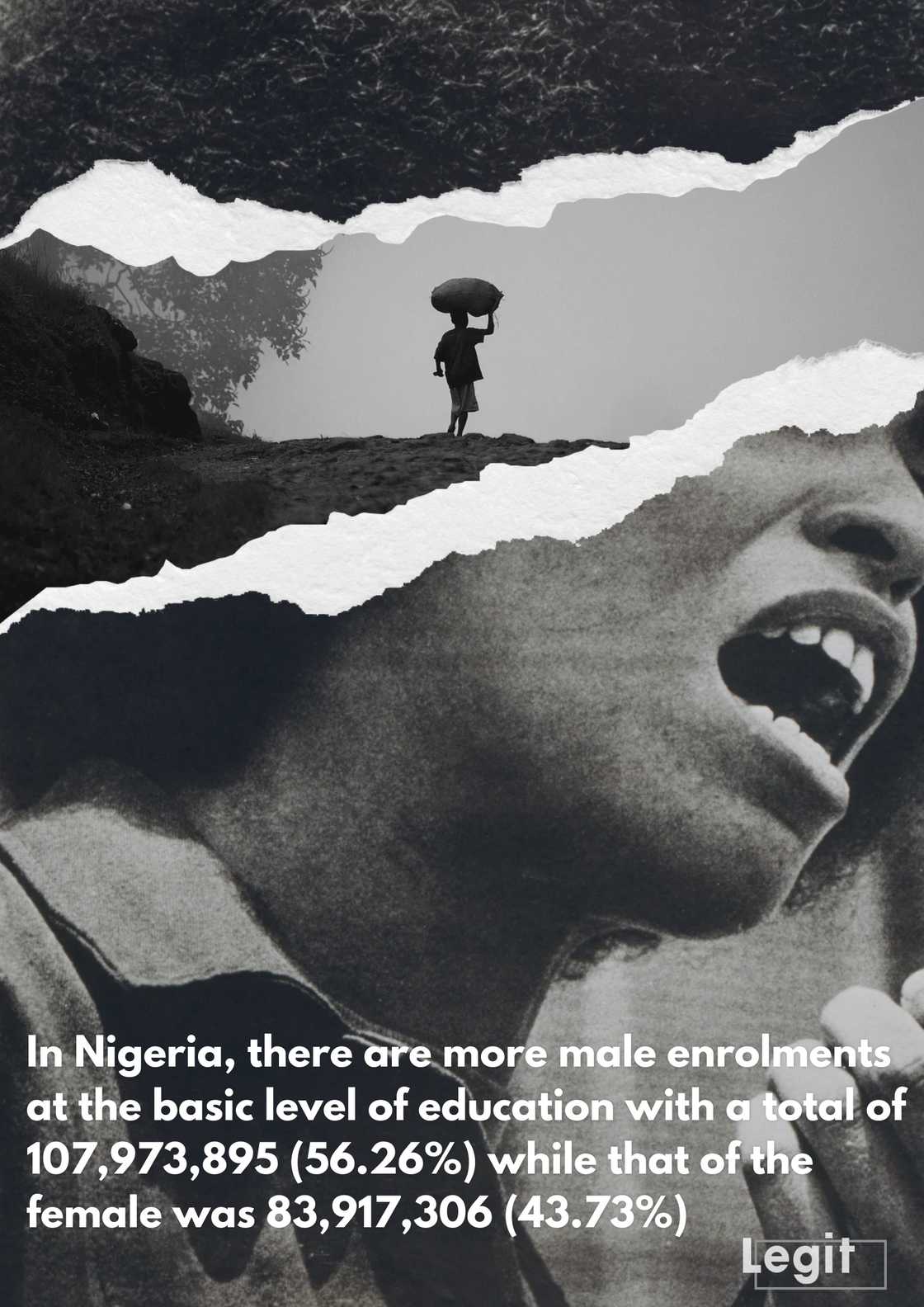
Source: Original
According to the Global Partnership for Education (GPE), an international organisation that supports academic learning worldwide, the ESP presents a valuable opportunity to embed gender equality into the DNA of all aspects of education. Gender-responsive education sector planning (GRESP) is the vehicle for achieving this as it identifies gender barriers within education systems and ensures that strategies and policies are in place to address them through the ESP.
“To address the endemic issues bewildering the education sector, it becomes pertinent to put gender equality at the core of education sector planning, as quality education cannot be achieved without the attainment of reduced inequalities both in planning, formulation, and implementation of education policies and plans” - Fawe 2023
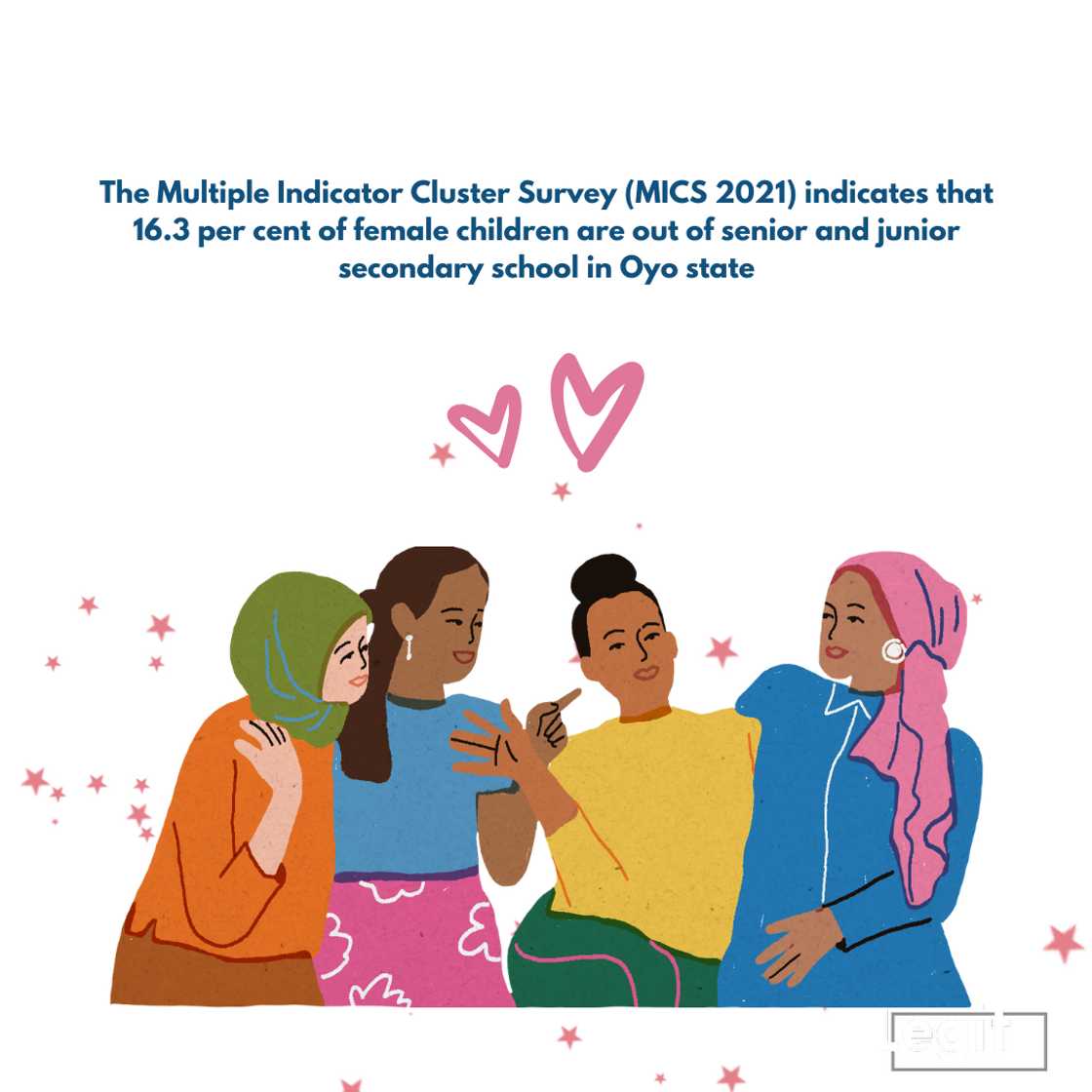
Source: Original
The dearth of an education sector plan implies that it is difficult to essentially measure how gender equality among learners is advanced in and through academics in Oyo state.
Also, it means that in the state, established challenges like lack of proper support for pregnant schoolgirls and water, sanitation and hygiene (WASH), among others, that affect the enrolment, retention, and completion of basic education for females in the state, are prevalent.
Legit.ng’s on-the-field findings in Kishi town, in Irepo local government area (LGA) where Professor Abdulwaheed Adelabu Salihu, the state’s commissioner for education, science and technology, hails from; and Ibadan, the capital city; affirmed the prevalence of the aforementioned problems.
Hawau Ayoade (she chose this pseudonym) was 16 years old when she got pregnant. Like many Nigerian girls of her age, the pregnancy was unplanned. Thus, she faced stigmatisation, especially as an overwhelming majority of Kishi's 155,510 population is Muslim. Premarital sex is strictly prohibited in Islam.
Although Nigeria’s Child Rights Act protects the rights of girls to education during and after pregnancy, many continue to face rejection because there is a lack of awareness and no policies in place to ensure their continuation in school.
Now 20, Ayoade recalled to Legit.ng during an interview that she did not receive the needed support.
"I became pregnant for one 'uncle' in my neighbourhood," said Ayoade with regret. "I say 'uncle' because he was an adult; clearly older than me. He could pass as my elder brother. I wasn't tricked with money, it was during the COVID. We slept together a few times as we maintained a kind of lovers' relationship. So, I got pregnant and didn't detect on time. I had to stop schooling at SS1."
Her father tried to marry her off to the man, a mobile phone accessories seller in the rural town (Kishi), but suddenly, he became unreachable either in-person or via virtual means. Many months passed before they got the information that he had relocated to Gbani in Kwara state.
Amid the 'storm', Ayoade was later able to sit for the West African Senior School Certificate Examination (WASSCE) and obtain its certificate, thanks to the 'private' assessment. Understandably still displeased, she faulted state actors for "wasting a lot of time in restricting the potentials" of girls like her.
In the same vein, in Ajibode Grammar School, Akinyele LGA of Ibadan, a former teacher informed Legit.ng that most of their females stop school midway and fail to finish their secondary education due to early pregnancy.
Other social issues that can be called barriers to girls’ education in the state include the nonchalant attitude of parents towards education and the negative influence of broken homes. The rate of broken homes in Oyo state is high and it has negative effects on girls’ education.
In the state, primary and secondary schools under the supervision of the Makinde government are free of charge thanks to the governor. Despite this, some parents do not see the importance of education. They are somewhat indifferent about their girls advancing their education. So there is no real motivation.
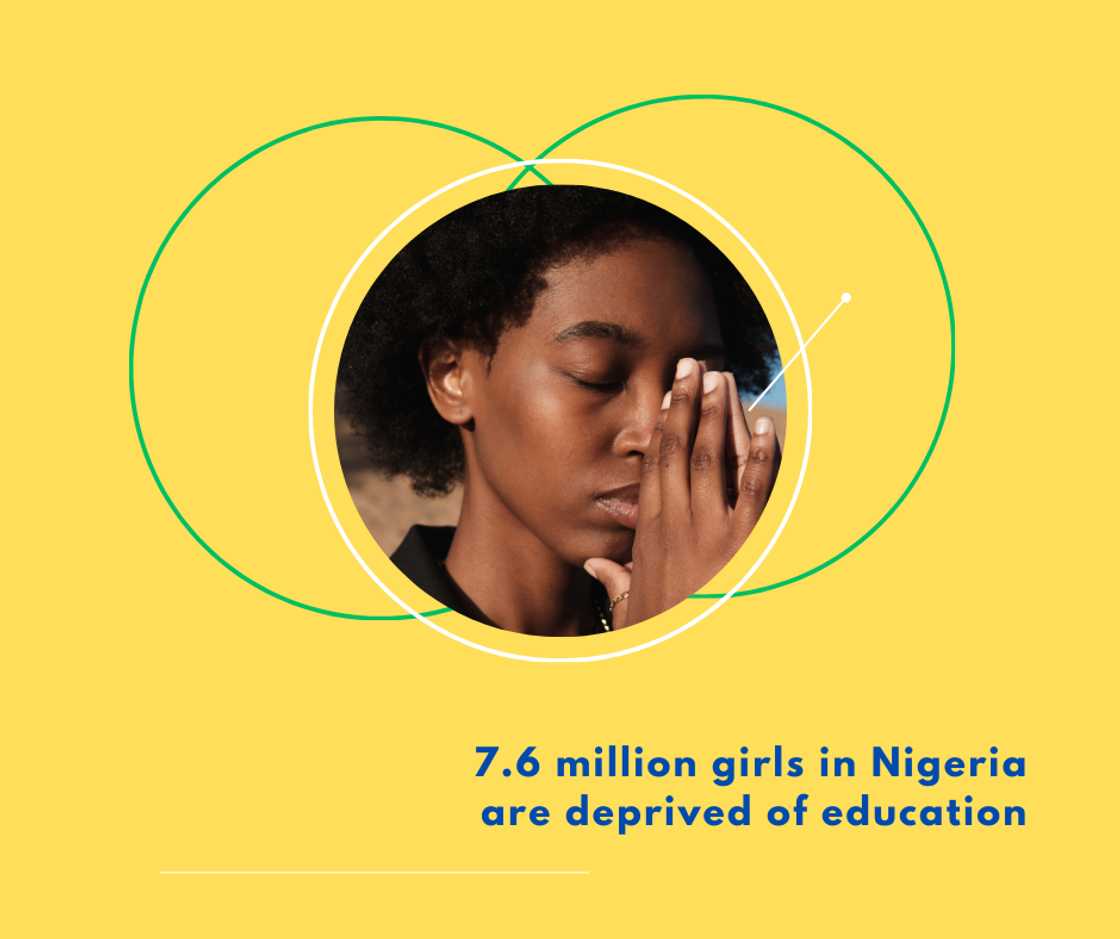
Source: Original
Oyo’s roadmap for sustainable development (2023-2027) partly gender-blind
The Oyo Roadmap for Sustainable Development 2023-2027 document, code-named Omituntun 2.0 —which is the closest to the state sector plan—touched on education/child rights and the government’s purported gains, but Legit.ng’s meticulous probe uncovered that Governor Makinde’s key promise in February 2023 to strengthen the monitoring and evaluation (M and E) system to ensure effective monitoring in the education sector within the first year of being re-elected remains unfulfilled.
In the document, there is little gender analysis to determine the specific needs of boys and girls, which should have then guided the government’s proposed strategies.
Dr Hassana Shuaibu, the senior programme officer at ACE Charity, a non-profit organisation that focuses on educating and training children, explained that the seeming generic nature of the Oyo State Roadmap for Sustainable Development in its education segment is improper.
There is also no specific mention of gender-targeted interventions to further reduce the percentage of out-of-school children in the state.
Findings revealed that girls — particularly in rural communities — often face more barriers to accessing education. Boys, on the other hand, have been identified as being increasingly vulnerable to dropping out of school and falling prey to involvement in ‘yahoo-yahoo’ cybercrime.
“Without gender-specific strategies, these challenges may persist,” Shuaibu warned while speaking with Legit.ng.
Legit.ng noted a desire from the Makinde-led Oyo state government to improve access for special needs students, orphans, and vulnerable children. Nonetheless, these interventions can benefit girls inordinately if gender disparities in vulnerability are not fundamentally recognised. The reason is that disabilities affect both genders differently. However, from the government’s side, no explicit gender lens is applied to this target group.
The plan (Omituntun 2.0.) emphasises training and upskilling programmes, especially for teachers in rural areas. A gender-sensitive review would require attention to how female tutors are represented in rural postings and whether training covers gender-responsive teaching methods that cater to the specific needs of girls and boys differently. This is presently not the case in Oyo state.
The construction of additional model schools and classrooms, particularly in underserved areas, presents an opportunity to address gender-based infrastructural needs, such as menstrual hygiene facilities, and safe spaces.
However, the current plan does not make any reference to these gender-sensitive features.
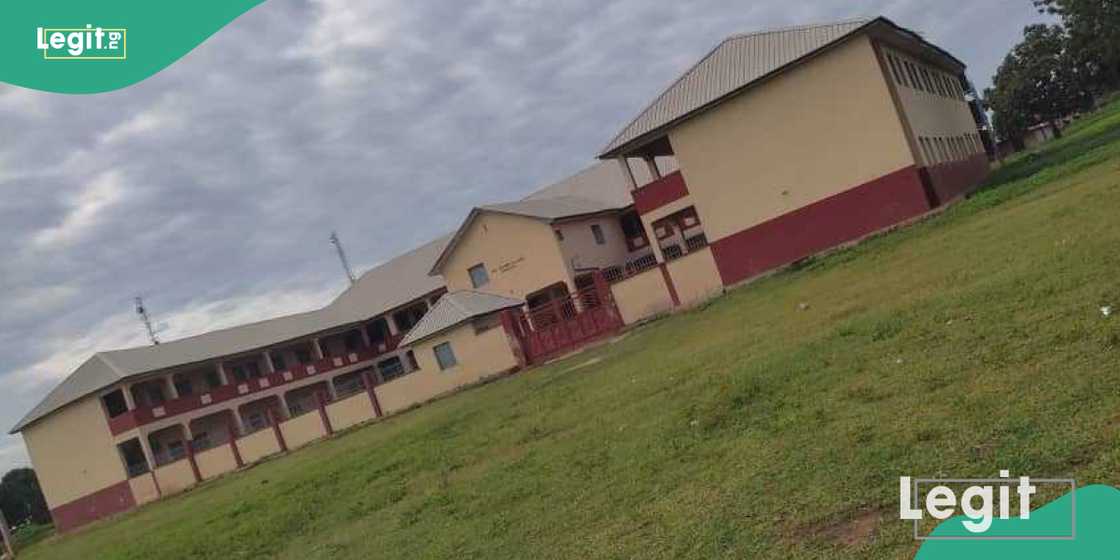
Source: Original
Legit.ng also spotted the key gender issue of low involvement of women in decision-making and implementation of school improvement programmes. Among the 12 principal officers of the ministry of education, science and technology, only three are women.
Establishing accountability systems through the ministry of education can help improve school management, but the composition of the principal officers is not gender-responsive.
Check them out below:
Prof. Salihu Abdulwaheed Adelabu (commissioner) - Male
Olusanjo Joel Adeniyi (Permanent secretary) - Male
Christiana Olukemi Bolaji (Director, curriculum development) - Female
Olayinka Akanji (Director, special education) - Male
Bamidele Tunde Odekunle (Director PR) - Male
Olanike Mobolaji Oladeji (Director, Mathematics and Techincal) - Female
Oluwole Eyitayo Adewale (Director, higher and continuing education) - Male
Victor Akintunde Olugbemi (Director, special education) - Male
Ayodele Tajudeen Alabi (Director, primary education services) - Male
Idowu Adebayo Adekunle (Director, applied science and technology) - Male
Olayinka Olaleye (Director, admin and supplies) - Female
Olufisayo Akinbiyi Akintunde (Director, finance and accounts) - Male
To sum up, the Oyo Roadmap for Sustainable Development 2023-2027 document can be described as partially gender-blind as it fails to adequately recognise or address the specific needs, challenges, and opportunities of boys and girls.
The several issues noted would have been adequately addressed had the government put in place truly gender-sensitive policies, planning and learning environments via GRESP.
Legit.ng sent messages to three different known phone lines of Prof. Adelabu (the education commissioner) regarding the ESP, but got no response over one week later.
Coalition advocates 12 years of free education for girls
Meanwhile, a coalition of non-governmental organisations (NGOs) working to raise awareness on girl–child education in the country, has advocated 12 years of free, safe and quality education for school-age girls.
The coalition, the National Working Group on Basic and Senior Secondary Education, said by doing so, the country would be taking significant steps towards a brighter future for all Nigerians.
This report was published with collaborative support from ImpactHouse Centre for Development Communication and System Strategy and Policy Lab (SSPL).
PAY ATTENTION: Сheck out news that is picked exactly for YOU ➡️ find the “Recommended for you” block on the home page and enjoy!
Source: Legit.ng


